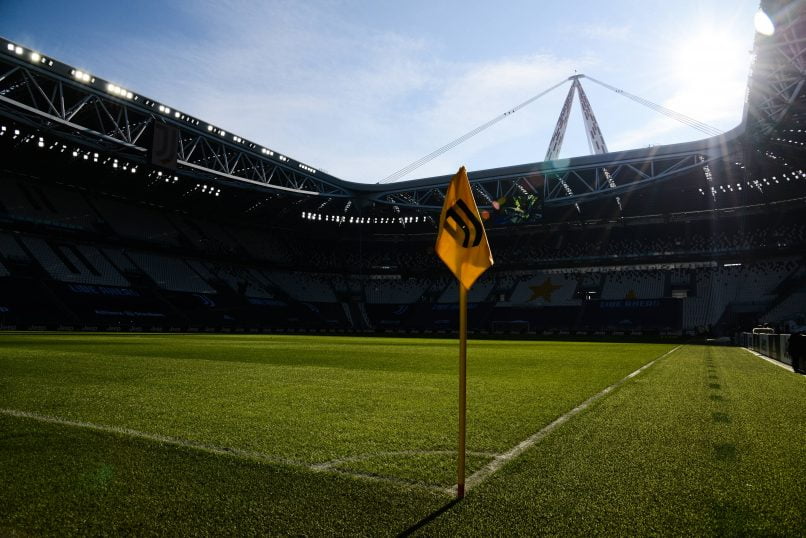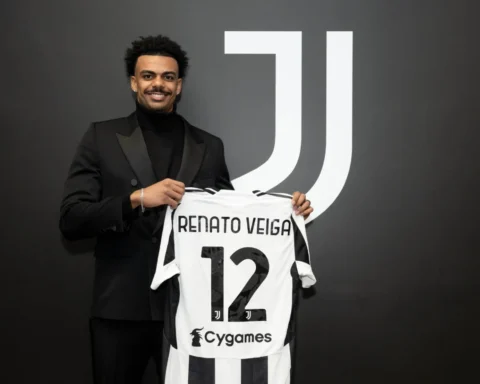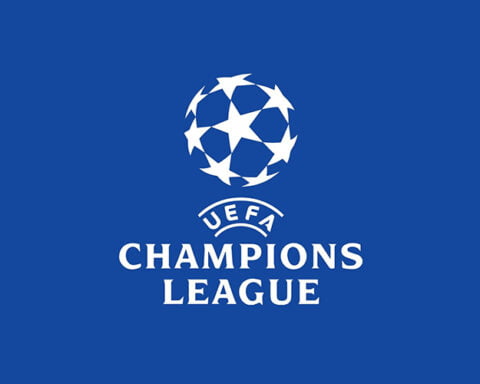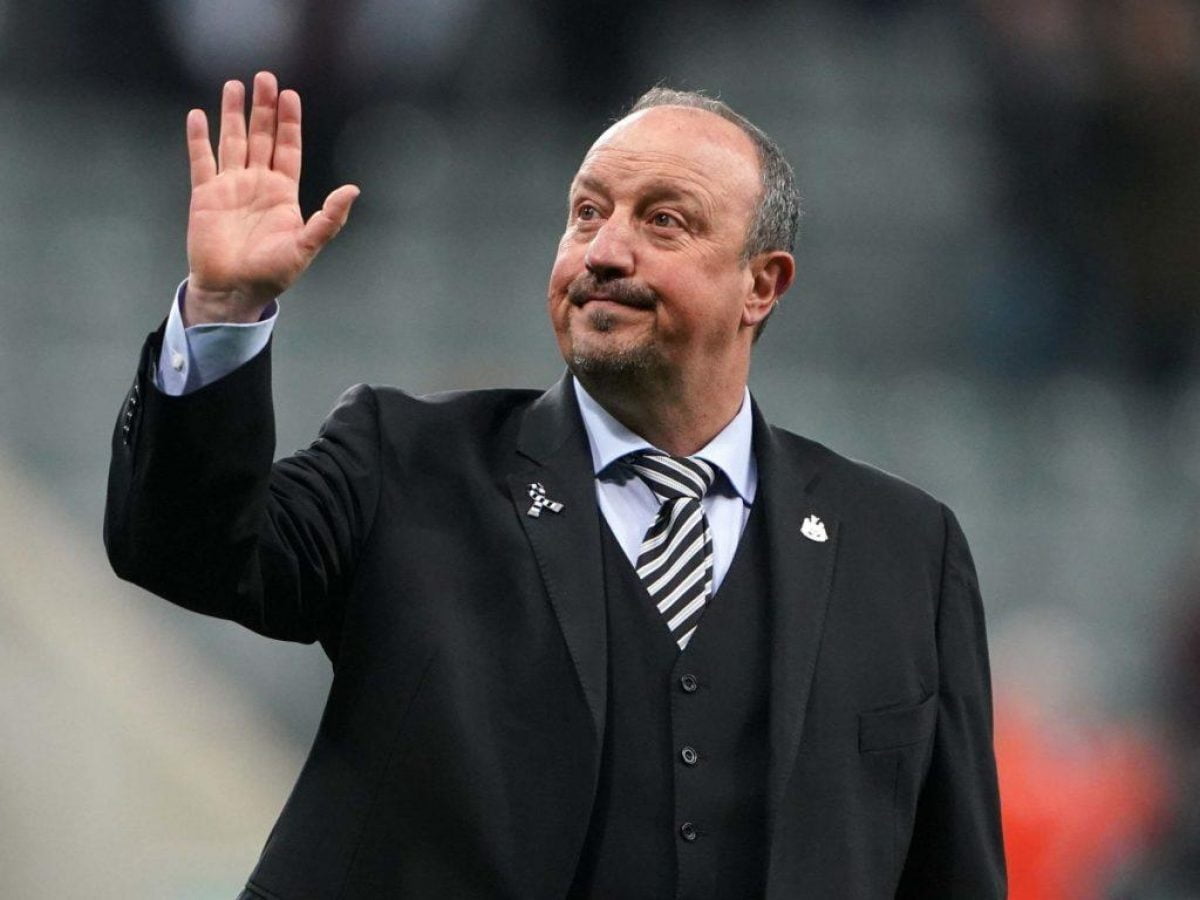Juventus Director Francesco Calvo addressed the Italian Senate’s seventh Commission on Culture and Education and stressed the need for a reduction of teams in Serie A. The discussion focused on the “Prospects for Reforming Italian Football,” with Calvo representing Juventus in a detailed analysis of the current state and necessary reforms in Italian football. Speaking at the event, as quoted by Calcio e Finanza, Calvo shared his thoughts on the future of Italian football:
Financial Disparities and Necessary Reforms
Calvo highlighted the financial disparity between Italian clubs and top European clubs, emphasizing the urgent need to reduce the number of professional teams. “For us, it is essential to change the league format by reducing the number of professional teams,” he stated. “This, combined with a reform of player contracts to introduce more flexibility, could redefine the concept of mutual support that sustains all lower categories. Over the past six years, Juventus has invested nearly 500 million euros in Serie B and Lega Pro through player purchases and development bonuses. The same proportion applies to other top-tier clubs.”
Comparing Juventus with European Giants
Calvo began his speech by comparing Juventus with other top European clubs. “The crisis in Italian football started a long time ago. In 2003, Juventus had revenues comparable to all major European clubs, around 230-250 million euros. Twenty years later, we’ve managed to double this figure, but our international rivals have quadrupled theirs. The main issue is that Italian regulations still treat football as just a game rather than an industry.”
Investment in Development and Governance Issues
“Juventus is part of a system that invests in development sectors like youth and women’s football, which have no other support,” Calvo added, shifting the focus to governance. “In FIFA’s control committee, clubs have no representation, and in UEFA’s, there are only three representatives. Clubs are the only ones taking on business risks. For instance, during World Cup years, clubs have players available only 75% of the time, including rest periods, without any economic incentives for the remaining 25% when players are unavailable.”
Challenges in Growing Italian Football
Discussing the stagnation of Italian football growth exacerbated by the pandemic, Calvo said, “Given the country’s struggling economic system, lack of competition in the television sector, and infrastructural issues, imagining growth for Italian football at the highest levels is difficult. The elimination of the Growth Decree and the ban on betting company sponsorships are decisions made outside the football system but impacting it exclusively. For example, despite the update on the professional sports decree, Juventus cannot organize a concert in its own stadium or economically benefit from installing solar panels.”
Legislative Impacts and Economic Sustainability
“The crisis in football began in 1995 with the Bosman ruling, which caused a massive imbalance in the relationship between clubs and players, leading to an exponential increase in costs,” Calvo concluded. “We feel penalized. The Melandri Law on television rights effectively halted the growth of Italian football, and this is no coincidence. TV rights revenues have been stagnant since 2009. Serie A supports the entire system. Italian football is not sustainable and requires intervention to make it economically viable and stable.”





